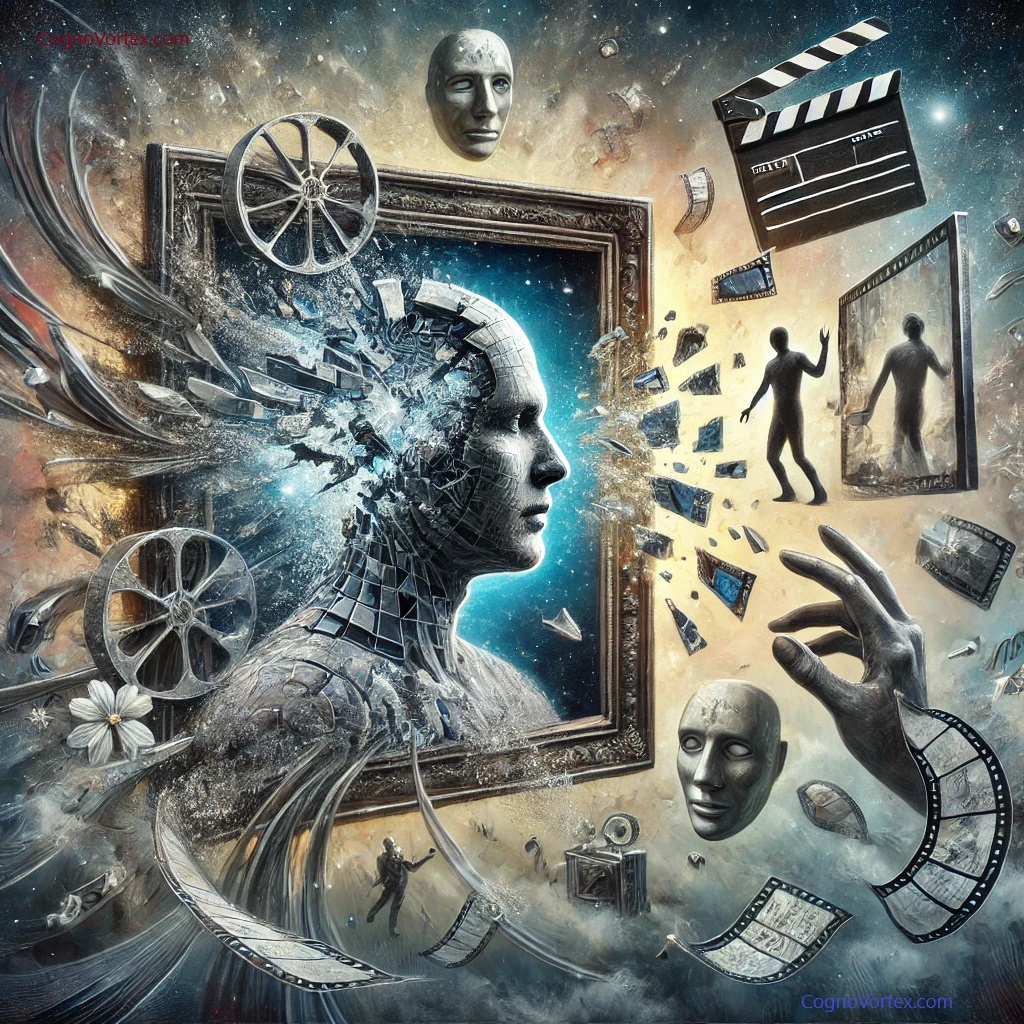The negation of one’s own reality is the mortar of the illusion. When identity is fractured by the projections it resists, and the perceiver records their perception as if separate from its film, an unconscious effort to suppress contradiction amplifies the illusion of liberation—but only in appearance. True release arises not from escaping the screen but from affirming its existence as the surface upon which dualities converge and dissolve.
Memory is the editor, splicing narratives to conceal the perceiver’s hand in filming, while reward systems bait the self into rehearsing old scripts as if they were freedom’s anthem. Yet, freedom becomes clarity only when the perceiver confronts the screen as the mirror of its denial.
To affirm is not to escape; to affirm is to cease the escape into rehearsed projections. Bliss, then, is not the absence of the perceiver, but the alignment of perceiver, perceived, and the act of perceiving—each one unmasked, each role surrendered.
